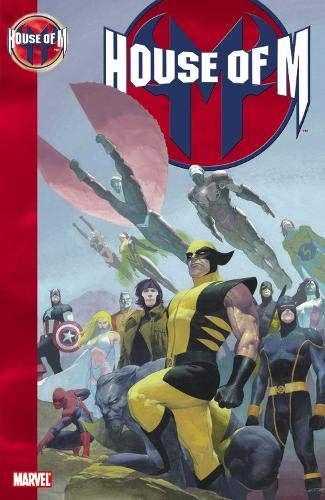Avengers Endgame Black and White Drawing
One can pretty much always guess the general outline of a Marvel—or any superhero—movie before actually seeing the movie itself. Some villain threatens innocent lives. The hero steps up to fight the villain. After a brief setback where it seems the hero has no hope, the hero will inevitably win. The good guys come out on top. And even when all the heroes die along with half the population of the known universe, you can be sure that in a superhero movie they will inevitably come back in one way or another. Victory is certain. The stakes don't exist. That has been the case throughout almost every MCU movie (with the exception of Black Panther where good and evil is less certain) and the Avengers movies.
This is why Martin Scorsese famously said Marvel movies are not cinema. "Cinema is an art form that brings you the unexpected," he argued. And Disney's MCU rarely does anything unexpected. Even the death of Tony Stark and the departure of Captain America (who might be returning!) at the end of Avengers: Endgame had been expected for years.
So that's exactly what makes Disney's first MCU TV show, WandaVision, so exciting: It's weird as hell, and there's nothing expected. The first two episodes, which will drop on January 15 (the media was given the first three, but I've only watched the first two, so I don't know what's going to happen) are structured like a mid-century sitcom shot in black-and-white and taking cues from the comedic structure of classics like Bewitched and I Dream of Jeannie.

Disney classics, Pixar adventures, Marvel epics, Star Wars sagas, National Geographic explorations, and more.
Disney disneyplus.com
$29.99
Wanda Maximoff and Vision are dropped into vintage Americana, where they attempt to be like ordinary white bread neighbors while hiding their superpowers to the delight of the studio audience. We don't know why they're in this nostalgic slice of television history and neither do they. Something is off. It's happening on the fringes of this perfect little middle-class suburb but they cannot put their fingers on it. For all the family sitcom humor, and hijinks with the neighbors (the first episodes involve Wanda and Vision hosting Vision's boss for dinner and the second performing in a local talent show), there's a surreal nightmare humming in the background. Mysterious things are happening. Blood from a broken glass appears in full stark color. The radio seems to be calling to Wanda. There's little action. A beekeeper in a sewer? It's not a CGI-fest of muscly people punching big monsters. One character seems to be breaking the fourth wall when he tells Vision he's dead. And, for the record, Vision did die before Thanos' snap in Endgame and was not brought back to life when our heroes reversed said snap. It's one of the few deaths that has presumably stuck in the MCU, even if Disney has confirmed this series takes place after the events of Endgame.
In the closing moments of the first episode, the camera briefly zooms out from this strange televised existence where we see a mysterious figure (in color) watching Wanda and Vision on a TV screen.

It seems obvious, at this point, that Wanda and Vision are trapped in some strange alternate reality. What that is isn't entirely clear. Many fans have speculated that WandaVision will draw from the events of the House of M comics series, in which Wanda suffers a mental breakdown and starts altering building blocks of reality.
But plot aside, the meta nature of this series—at least in its first two episodes—is fascinating, and a welcome departure from the corporatized entertainment of the rest of Disney's MCU.
I've always found the sanitized, puritanical world of the MCU pretty creepy. By evoking the equally puritanical unreality of a mid-century sitcom, WandaVision seems to be holding a mirror to the superhero movies that dominate much of our pop culture today. With vibrant red blood, and performances that seemed trapped in an otherworldly hell, it's as if WandaVision is begging to be set free of the confines of the House of Mouse. It's as if this is a property that's working to subvert the cookie-cutter world building that we've seen in the MCU so far. And through this, WandaVision has offered the first bizarrely compelling story in this IP so far.
It also introduces a question: Who is watching who? This is a question that can be taken literally—who is the mysterious character watching Wanda and Vision's surreal sitcom? But, also, what is this entertainment that we're consuming? In what ways does it alter our own reality and reflect who we are as we stare at the screen?

Esquire
Get 87 Years of Award-Winning Journalism, Every Day
Join Esquire Select
Matt Miller Culture Editor Matt Miller is a Brooklyn-based culture/lifestyle writer and music critic whose work has appeared in Esquire, Forbes, The Denver Post, and documentaries.
This content is created and maintained by a third party, and imported onto this page to help users provide their email addresses. You may be able to find more information about this and similar content at piano.io
Avengers Endgame Black and White Drawing
Source: https://www.esquire.com/entertainment/tv/a35213322/wandavision-who-is-watching-black-and-white-50s-tv-sitcom-explained/
Belum ada Komentar untuk "Avengers Endgame Black and White Drawing"
Posting Komentar